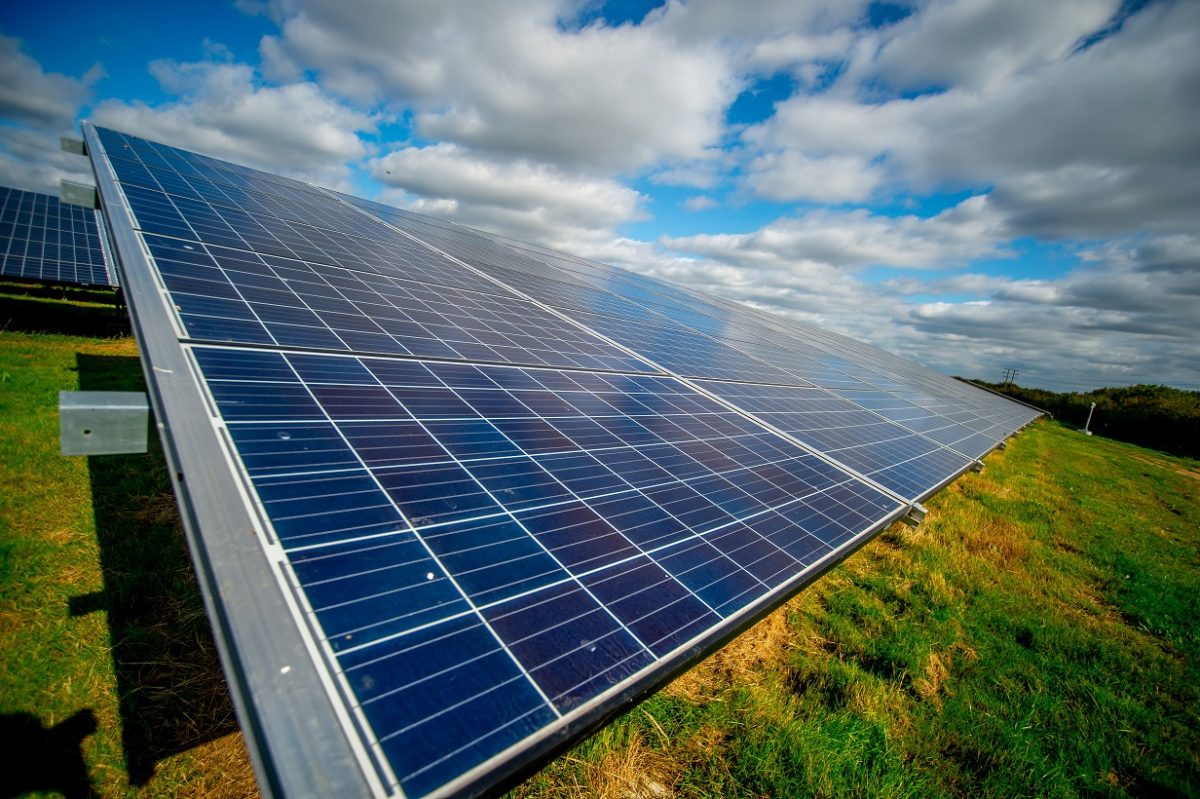Britain’s electricity and natural gas market regulator Ofgem this week announced it is investigating two energy companies for failing to make payments into the fund set up to penalise suppliers who fail to meet their obligations to purchase renewable power.
The regulator is investigating power supply companies Economy Energy and Spark Energy, with the latter having gone out of business yesterday, putting as many as 400 jobs at risk in Selkirk, Scotland.
The two companies, together with URE Energy and Eversmart, account for a £58.6 million shortfall in the Renewable Obligation buy-out fund administered by Ofgem, with Scottish business news website Insider reporting yesterday that Spark Energy had gone into administration after missing a £14.4 million “renewable energy payment”.
Energy companies which fail to hit targets to source a mandated percentage of their electricity from renewable generation must pay into the RO buy-out fund in proportion to any shortfall in their clean energy output, and Economy Energy – which gives no indication of where it is based on its website – and Scottish provider Spark, went under investigation on Wednesday for missing the deadline for payments into last year's fund.
A spokesperson for Ofgem told pv magazine details of how much of the overall shortfall was attributable to each of the four suppliers would be made public after the audit of last year’s fund was completed.
URE Energy, based in Gerrards Cross, west of London, and Manchester’s Eversmart have also missed payment deadlines for last year, and have been ordered to pay the amounts they owe the fund on a monthly payment plan running until the end of March. The payment arrangement for those two companies suggests they have already had contact with Ofgem over the late payment issue – and given Spark's fate, may hint at a grim outcome for Economy Energy – but the spokesperson would only confirm each matter is dealt with “on a case by case basis”.
Big Six and others will have to make up shortfall
In a press statement on Wednesday about the buy-out fund shortfall, Ofgem also revealed £4.2 million is missing from the periodic levelisation fund it administers, into which suppliers pay into a central pot that then provides payments for small-scale renewable energy generators.
Ofgem said the missing cash related to the July to September period of the U.K. government’s FIT scheme, and did not specify which companies were responsible for non-payment. It remained unclear whether any of the reported sum that prompted Spark's demise was related to the levelisation fund.
British bill payers are unlikely to shed any tears upon learning that, if Ofgem fails to collect the money owed to the two funds, “mutualisation” kicks in. In other words, all the other power companies – including the ‘Big Six’ whose monopoly position in the U.K. so angers voters – who met their obligations, will have to make up the difference.
pv magazine has contacted the four power companies in question to seek an explanation but had received no response at the time of publication, apart from an automated response from Eversmart’s customer service team indicating it may take up to three days to reply.
This article was modified on 24/11/18 to reflect Spark Energy going into administration. The article was modified on 28/11/18 to reflect Ofgem's confirmation of which period of the levelisation fund was affected.
This content is protected by copyright and may not be reused. If you want to cooperate with us and would like to reuse some of our content, please contact: editors@pv-magazine.com.




By submitting this form you agree to pv magazine using your data for the purposes of publishing your comment.
Your personal data will only be disclosed or otherwise transmitted to third parties for the purposes of spam filtering or if this is necessary for technical maintenance of the website. Any other transfer to third parties will not take place unless this is justified on the basis of applicable data protection regulations or if pv magazine is legally obliged to do so.
You may revoke this consent at any time with effect for the future, in which case your personal data will be deleted immediately. Otherwise, your data will be deleted if pv magazine has processed your request or the purpose of data storage is fulfilled.
Further information on data privacy can be found in our Data Protection Policy.